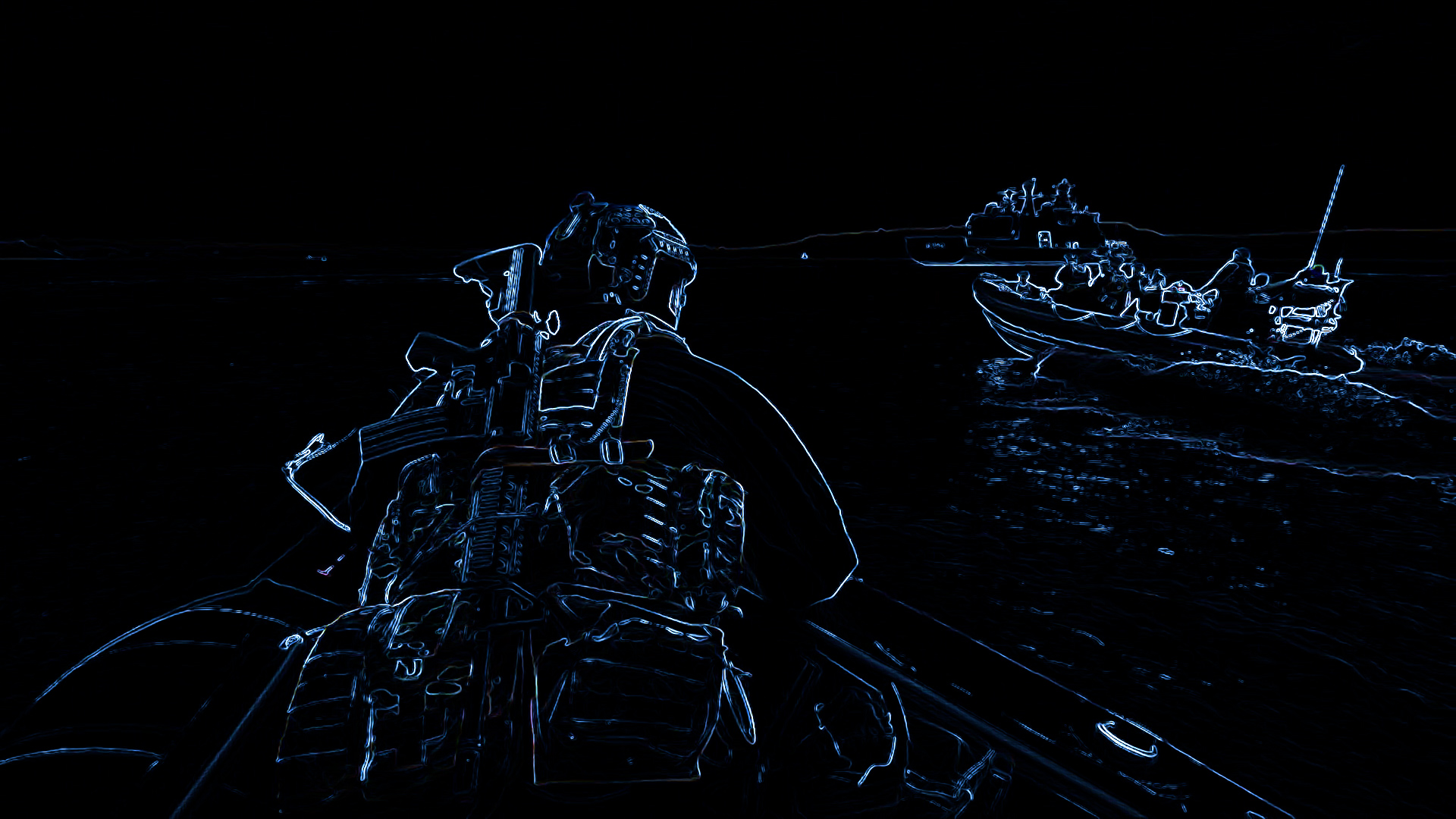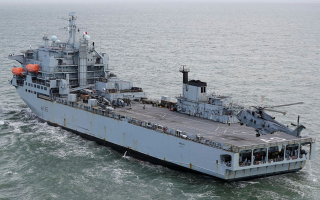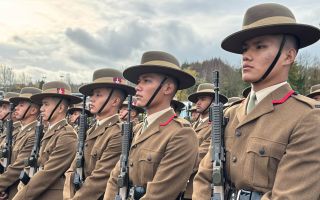Cost of Silence: Can SAS veterans 'talk about it' without saying too much?
The people and activity within the special forces community are almost entirely unknown to the outside world.
Even during peacetime, 'tier one' or 'tip of the spear' war fighters can be deployed anywhere in the world to secure national interests, even when the nation isn't aware or interested.
Sensitivity, danger, tempo, and authorisation level of operations involving the Special Air Service (SAS) and Special Boat Service (SBS) – all are off limits to civilians, despite a deep-rooted fascination fuelled by the same secrecy that protects current and former operators.
One subject that has emerged from the shadows and entered the public domain, though, is mental health, which includes its relationship with military service.
Veteran care has undergone a drastic formalisation in recent decades, with specialist care available through the NHS, accessible to those who have put their lives on the line through the Ministry of Defence.
But, for members of the SAS and similar clandestine groups who swore not to disclose details of their service, what happens if they need help afterwards?
How do they 'talk about it' without saying too much?
During service, special operators can access mental health support from security-cleared clinical psychiatrists to confidently dive into details causing them distress.
Once they leave, though, their care falls under the NHS. While standard confidentiality rules apply, these civilian therapists do not have security clearance.

Psychological wellbeing becomes a grey area for some individuals holding national secrets, one which hinges on trust and informal support networks.
Cost of Silence explores the efforts of an SAS sabre squadron veteran who, following a suicide within the community, established an internal mental health outreach programme.
The report follows a clinical psychiatrist who supported active SBS operators and has since campaigned for security-cleared NHS therapists to be spread across the UK.
Both SAS veterans and leading NHS voices are asked whether former operators can, or have to, trust civilian therapists with their version of events, as concerns over war crime allegations are said to persist with operators, young and old.









